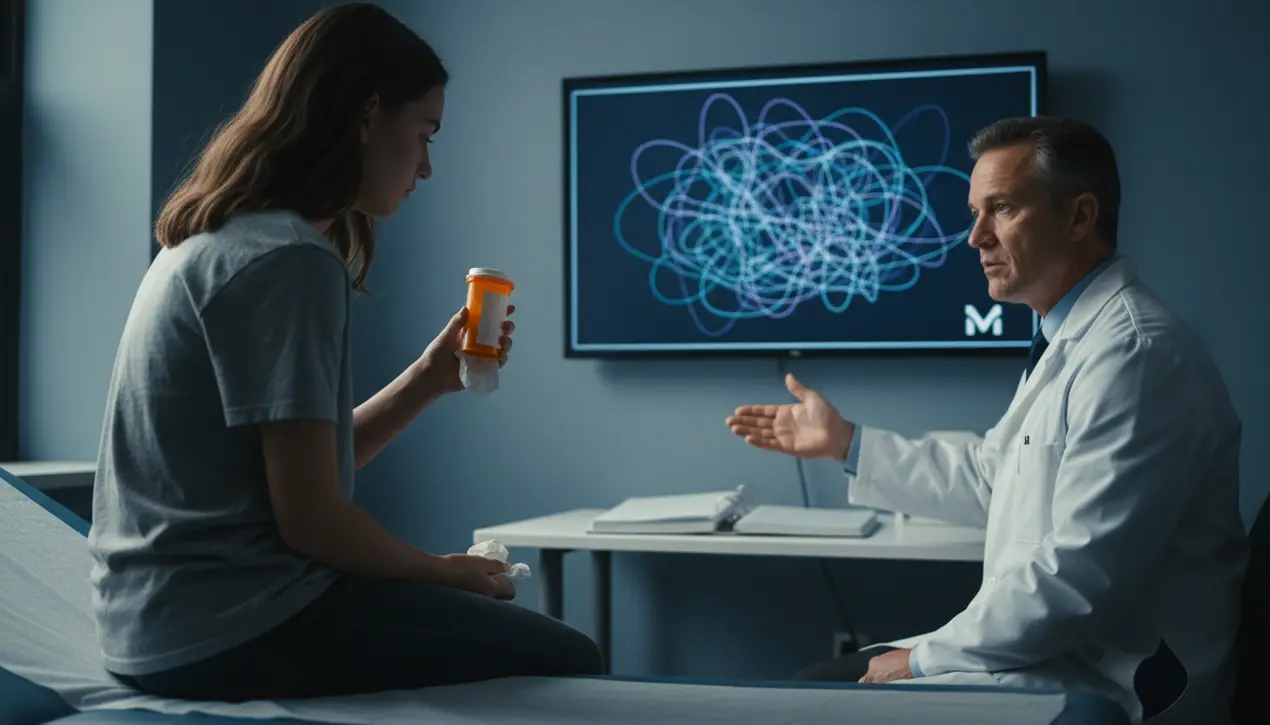
Politicsgovernments & cabinetsPolicy Agendas
The Political Firestorm Over Antidepressants
AN
Anna Wright
2 hours ago7 min read
A deeply personal medical decision—whether to use antidepressant medication—has become a central political battleground. The debate, more intense than any since the era of 'Prozac Nation,' is now being driven by the Make America Healthy Again (MAHA) movement and its figurehead, Health and Human Services Secretary Robert F.Kennedy Jr. His provocative statements have ignited a national controversy, forcing a re-examination of these drugs' role in American society.The catalyst for this discussion is a dramatic surge in prescriptions, with one study showing a 64 percent increase among teens and young adults post-pandemic, a rise that disproportionately affected teenage girls. Experts point to a confluence of factors, including greater mental health awareness, the influence of social media, and a documented increase in feelings of sadness, especially among groups like LGBTQ+ youth.For many, selective serotonin reuptake inhibitors (SSRIs) are essential, life-preserving treatments. However, patient experiences vary widely; some contend with side effects like emotional numbness, fatigue, and sexual dysfunction, and the medications prove ineffective for nearly half of those who try them.Discontinuation can also be difficult, with withdrawal symptoms that, while not classified as addiction, can be severe and include insomnia and suicidal thoughts. Secretary Kennedy's rhetoric, however, has moved beyond clinical nuance.His claim that quitting antidepressants is 'harder than getting off of heroin' and his baseless assertions linking the drugs to mass shootings—a connection disproven by research showing minimal antidepressant use among perpetrators—represent a stark politicization of healthcare. This approach risks reviving a damaging stigma that may prevent people from seeking critical treatment.The discourse is further complicated by ongoing FDA reviews of SSRI use in pregnancy, even as leading obstetricians emphasize that the risks of untreated depression generally outweigh the potential, often temporary, neonatal effects. At the heart of this political moment lies a legitimate question: are antidepressants being overprescribed to the young? Yet this crucial inquiry is being obscured by sensationalist claims.The underlying issue is not just prescription rates, but a systemic failure to provide a full spectrum of mental health care, including accessible therapy and community support. When political narratives eclipse medical evidence, the individual patient is caught in the crossfire, forced to navigate a lifesaving treatment option within a climate of politicized doubt.
#antidepressants
#SSRIs
#RFK Jr
#MAHA movement
#mental health
#healthcare policy
#editorial picks news
Stay Informed. Act Smarter.
Get weekly highlights, major headlines, and expert insights — then put your knowledge to work in our live prediction markets.
Comments
Loading comments...
© 2025 Outpoll Service LTD. All rights reserved.